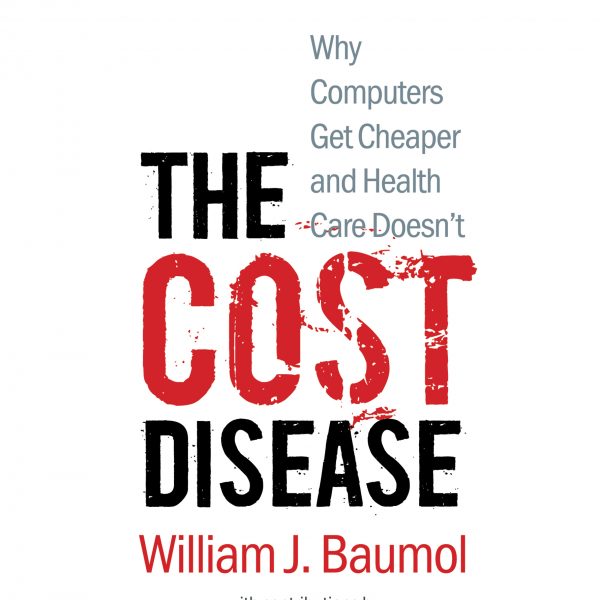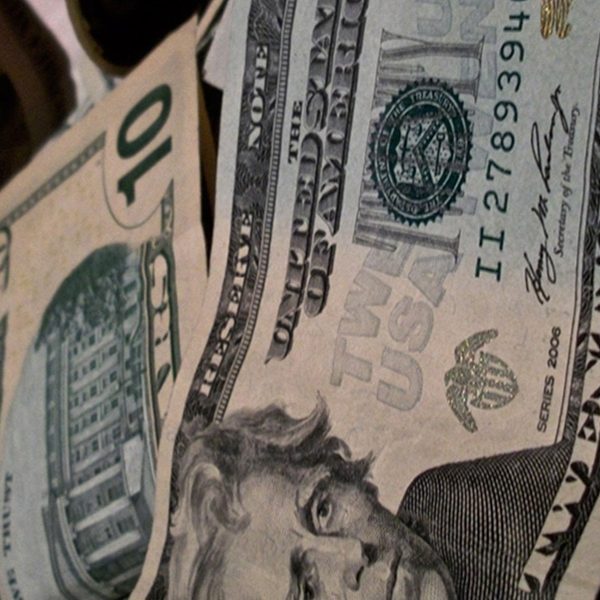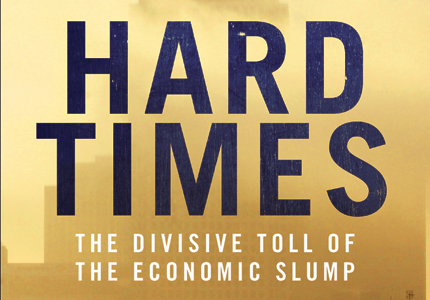The Cost Disease: Some Surprisingly Good News
What if the constant panic about the rising costs of health care and higher education in America were somewhat unfounded? What would this entail for this country? A giant, collective sigh of relief?
 This is the premise of famous economist, Willian J. Baumol’s new book, The Cost Disease: Why Computers Get Cheaper and Health Care Doesn’t. He argues that these exponentially rising costs stem from the need for human labor; health care and education cannot be mechanically run. There are no interchangeable, automated parts that can be substituted to increase productivity. Yet, this does not mean these services are unattainable.
This is the premise of famous economist, Willian J. Baumol’s new book, The Cost Disease: Why Computers Get Cheaper and Health Care Doesn’t. He argues that these exponentially rising costs stem from the need for human labor; health care and education cannot be mechanically run. There are no interchangeable, automated parts that can be substituted to increase productivity. Yet, this does not mean these services are unattainable.
In a recent article for Forbes, Baumol writes:
Nearly half a century after William Bowen and I were led by our cost-disease analysis to foresee this prospect for education, I now offer a new and surprisingly happy ending. I contend that the cost of education will remain within our reach as long as forces of competition continue to drive innovation forward and spur productivity growth.
If this analysis is correct, there is good reason to believe society will be able to afford the ever-expanding costs of education and other vital services, such as health care and police protection.
According to Baumol’s theory, it is vital to remember that these trends are natural in all human driven fields: it still takes at least ten athletes to play a basketball games, and it still requires at least 15 people to stage a production of Macbeth. In the same way, doctors and professors cannot be mechanized and eliminated. There is value in human presence and attention to detail that cannot go unaccounted for, and these added bonuses of human work provide results that balance the rising costs.
Increased education produces a jump in worker productivity and human innovation, benefits that will continue to help Americans pay these costs. As long as people can understand that they will be able to afford these rising costs, the system will continue to run smoothly. However, Baumol warns, if people continue to panic and act irrationally about these rising costs, they run the risk of unnecessarily cutting back on that which maintains the balance. As long as people continue to seek higher education, they will be able to afford it, and the economy will be able to sustain itself.





Reblogged this on Kmareka.com and commented:
This looks like a very interesting book.